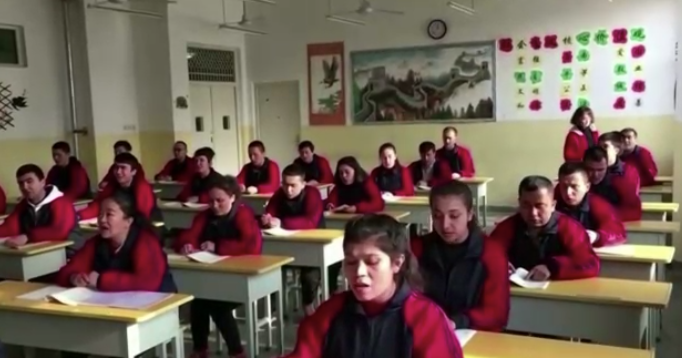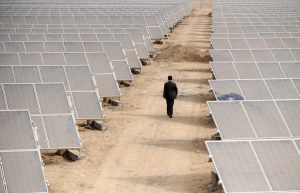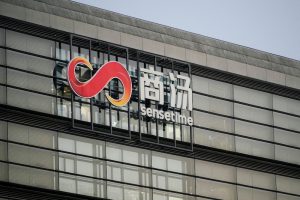The US Senate passed legislation on Thursday to ban imports from China’s Xinjiang region over concerns about forced labour, part of Washington’s continued pushback against Beijing’s treatment of the country’s Uyghur Muslim minority.
The Senate passed the Uyghur Forced Labor Prevention Act by unanimous consent, sending it to the White House, where President Joe Biden has said he will sign it into law.
The House of Representatives passed the bill with a unanimous voice vote on Tuesday.
The measure rushed through Congress this week after lawmakers agreed on a compromise that eliminated differences between bills introduced in the House and Senate.
Republicans and Democrats in the two chambers have been arguing over the Uyghur legislation for months.
The dispute complicated passage of the annual National Defense Authorization Act, and has held up the Senate’s confirmation of some of Biden’s ambassadorial nominees, including his selection of Nicholas Burns to be ambassador to China.
The compromise legislation keeps a provision creating a “rebuttable presumption” that all goods from Xinjiang, where the Chinese government has set up a network of detention camps for Uyghurs and other Muslim groups, were made with forced labor, in order to bar such imports.
“It is a horrifying human rights situation, fully sanctioned, as we now know, by the Communist Party of China,” Republican Senator Marco Rubio said, urging senators to vote for the bill.
China denies abuses in Xinjiang, which supplies much of the world’s materials for solar panels, but the US government and many rights groups say Beijing is carrying out genocide there.
Nury Turkel, a Uyghur American who serves as vice chair of the US Commission on International Religious Freedom, said the bill’s effectiveness would depend on the willingness of the Biden administration to ensure it is effective, especially when companies ask for waivers.
“The possibility of it not being fully implemented is one of my major concerns,” Turkel told Reuters.
- Reuters, with George Russell
READ MORE:
US to Blacklist China AI Firm SenseTime over Xinjiang: FT
Sinopec Starts Building Green Hydrogen Plant in Xinjiang
US Imposes Export Restrictions On China Research Institutes























